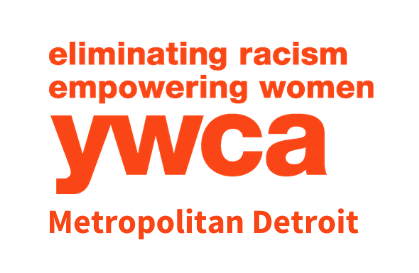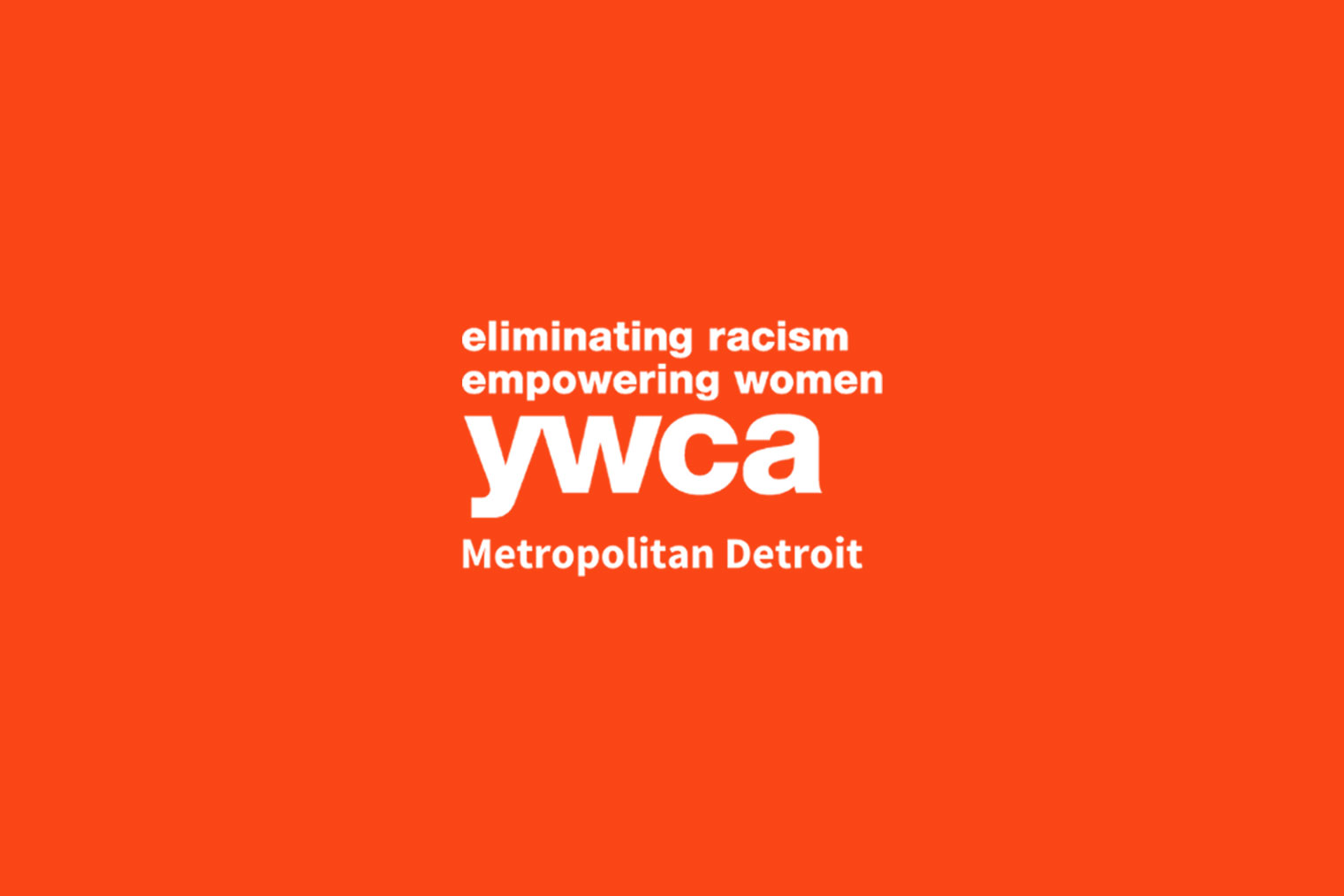
5 Signs of Narcissistic Behavior/Abuse
In the United States, the Statistics are that 1 in 3 women will experience some form of Domestic Violence within their lifetime. With a percentage that high, it is very promising to be informative of potential abusers in today’s social economy.
Being informed about signs of narcissistic behavior and abuse is crucial for several reasons. Narcissistic behavior and abuse can be emotionally and psychologically damaging, and recognizing the signs can help individuals protect themselves and seek support when needed. Here are five signs of narcissistic behavior/abuse.
Love Bombing
Love bombing is a manipulative tactic in which one person overwhelms another with excessive affection, attention, and flattery to gain control and create a deep emotional attachment. It often involves insincere or exaggerated displays of love and can be a gateway to more harmful forms of manipulation or abuse in a relationship.
Gaslighting
Gaslighting is a form of psychological manipulation in which one person seeks to make another doubt their own perceptions, memory, or sanity by denying or distorting reality and facts.
Ex. “I never said that.”, Denial, makes you question your own sanity or validity.
Constant Lying
During a relationship with a partner who has narcissistic tendencies, it is not uncommon for you to consistently catch them speaking untruthful words. A narcissist is used to creating a false reality to mask their true bad nature and will spew out constant lies unknowing to keep up with their false ego and in hopes of charming you.
Discarding
Physical abuse is not the only form of harm. Mental abuse is also can be very harmful and disruptive. Victims of narcissist abuse often experience a “Discarding Stage” by an offender in hopes of corrupting them. The discarding stage in a narcissistic relationship is when the narcissist abruptly ends or devalues the relationship, often with cruelty or indifference, leaving the victim emotionally devastated.
Entitlement
They feel entitled to special treatment and may become angry when their demands are not met.



